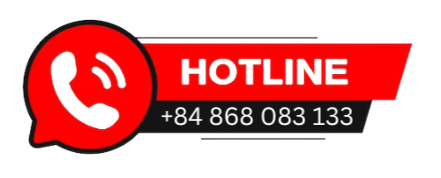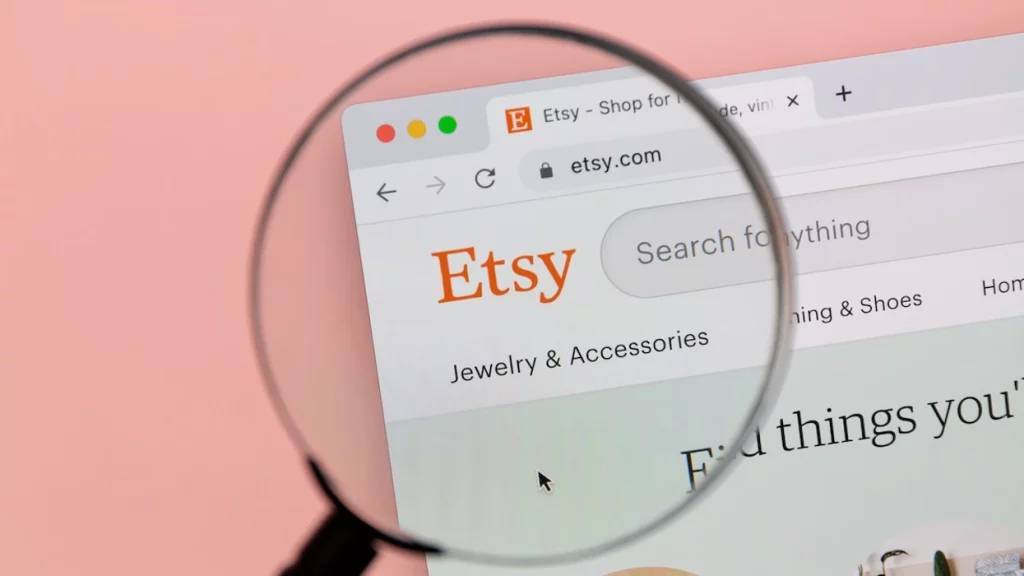Is Etsy Trustworthy, and Why Are People Still Worried About Scams?
Is Etsy a Trustworthy Platform?
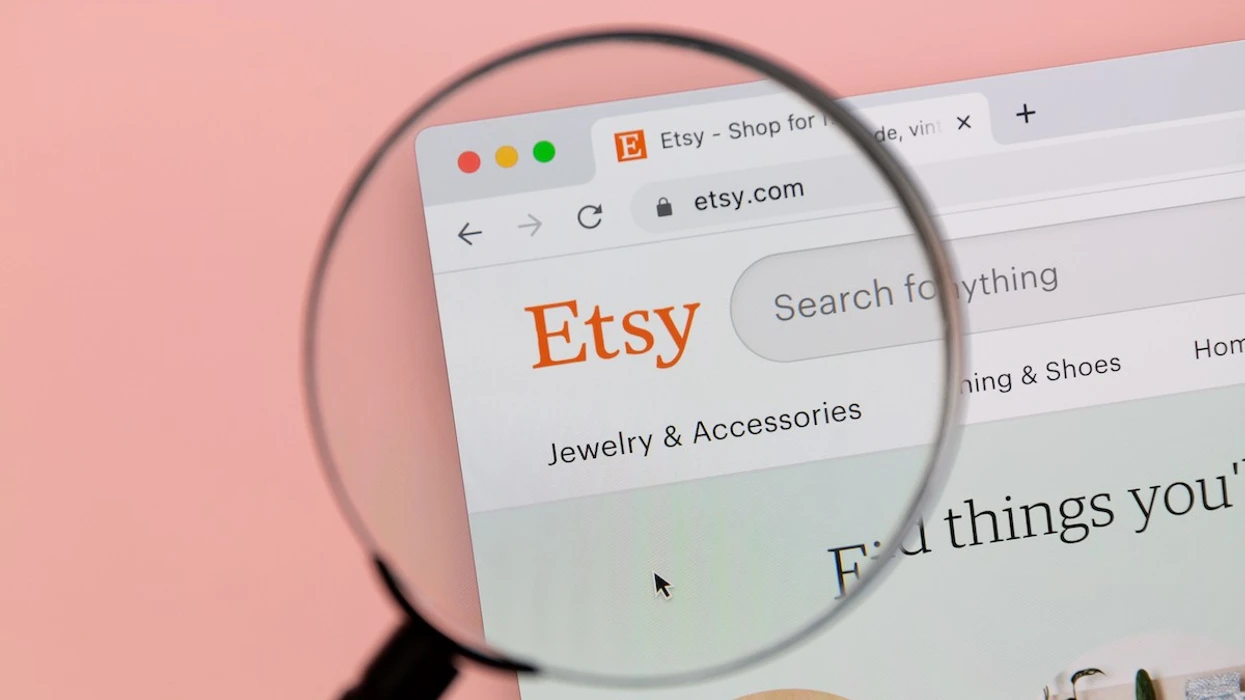
Etsy is a globally renowned e-commerce marketplace that connects millions of sellers offering handmade, vintage, and one-of-a-kind items. With its mission to link buyers with unique, personalized products, Etsy has become a top choice for those seeking creativity and individuality. However, alongside its impressive growth, questions regarding Etsy’s credibility and why many users still fear being scammed continue to emerge.
Overall, Etsy is a legitimate and trustworthy e-commerce platform. It has clear policies in place to protect both buyers and sellers. Etsy offers secure payment systems, dispute-resolution tools, and dedicated customer support.
1. What is Etsy and How Does It Work?
Etsy is a marketplace that connects buyers and sellers, where you can find everything from handmade greeting cards and artisan jewellery to print-on-demand (POD) t-shirts. Unlike Amazon or Shopee, Etsy does not sell products directly but operates as a third-party intermediary—like an online marketplace.
This model has both pros and cons:
- Advantages: Buyers can easily access various unique items from independent creators worldwide.
- Disadvantages: Product quality and seller reliability vary significantly and depend entirely on individual sellers.
2. Why Do People Still Worry About Getting Scammed on Etsy?
Despite Etsy’s security measures, risks are inherent in any online platform. Several factors contribute to users’ concerns about potential scams:
- Diverse individual sellers: Etsy hosts countless independent sellers—from small artisans to vintage collectors. This diversity means that product quality and seller reliability are inconsistent. Unlike centralized platforms, Etsy has limited control over individual seller practices, creating opportunities for dishonest behaviour.
- Handmade and vintage nature of products: Although this is a unique selling point of Etsy, evaluating the quality and authenticity of these items can be more challenging compared to standardized mass-produced goods.
- Inaccurate product descriptions: Some sellers may intentionally provide misleading information or exaggerate product features, resulting in customer dissatisfaction upon delivery.
- Shipping issues: International shipping of handmade or vintage goods may lead to delays or damage, which causes buyer anxiety.
- Sophisticated scams: Even with Etsy’s security protocols, scammers may create fake shops, offer attractive prices, and disappear after a few sales. While Etsy has reporting systems, immediate resolution isn’t always possible.
3. Common Scam Tactics on Etsy
Phishing Emails
Scammers may impersonate trusted organizations or businesses, sending fake Etsy confirmation emails to trick users into logging into counterfeit websites. A single click on a phishing link can lead to losing personal and financial information.
Unrealistic Offers and Fake Prizes
One of the most common tactics targeting buyers and sellers is using “too-good-to-be-true” offers or fake prize notifications. For buyers, these low-priced listings often turn out to be counterfeit, poor-quality, or non-existent products. Scammers may demand upfront payments through unsecured channels or attempt to harvest sensitive personal data. Similarly, sellers might receive messages claiming they’ve won valuable prizes, but to claim them, they must pay a “processing fee” or share banking details. These offers often create urgency to prevent users from thinking clearly. Always verify the source of such claims and be wary of offers that seem too good to be true.
Urging Immediate Action
Scammers frequently use urgency to rush victims into impulsive decisions. They might claim limited-time offers, low stock availability, or warn of negative consequences (such as account suspension or missed rewards) if the user does not act quickly. These messages typically include strong calls to action like “Buy Now!”, “Click Here Immediately!” or “Respond Within 24 Hours!”. The fear of missing out (FOMO) can cause users to ignore warning signs and fall into scams.
Fake Business Proposals
Some scams target Etsy sellers through seemingly lucrative business partnership proposals. These scammers may approach new or unique product sellers with offers to collaborate on production, distribution, or marketing. However, they may want to steal ideas and customer data or request non-refundable “investment” fees. These messages often lack specific partner details and may pressure sellers into quick decisions. Always verify business identities, request formal contracts, and never commit financially without due diligence.
Suspicious Messages and Links
Scammers often use suspicious links or messages to reach users. These may come as direct messages from unknown accounts, fake emails about account issues, or even public comments with links. The messages usually create a sense of urgency, offer enticing deals, or issue fake warnings. Clicking these links could lead to phishing websites that steal login credentials or install malware. Etsy users should never click on unknown links and verify URLs before entering personal data.
Bait-and-Switch Tactics
This involves advertising a desirable product at a low price but sending a lower-quality or entirely different item after payment.
Requests for Personal Information
A major red flag is when someone asks for sensitive personal details. Scammers might pose as potential buyers, Etsy support staff, or business partners and ask for passwords, credit card numbers, social security information, or private email addresses. Etsy will never request such data via unofficial messages or emails. Likewise, legitimate buyers do not need this information to complete a transaction. Treat any such request as a scam and report it to Etsy immediately. Your data is the gateway for scammers to access your accounts and finances.
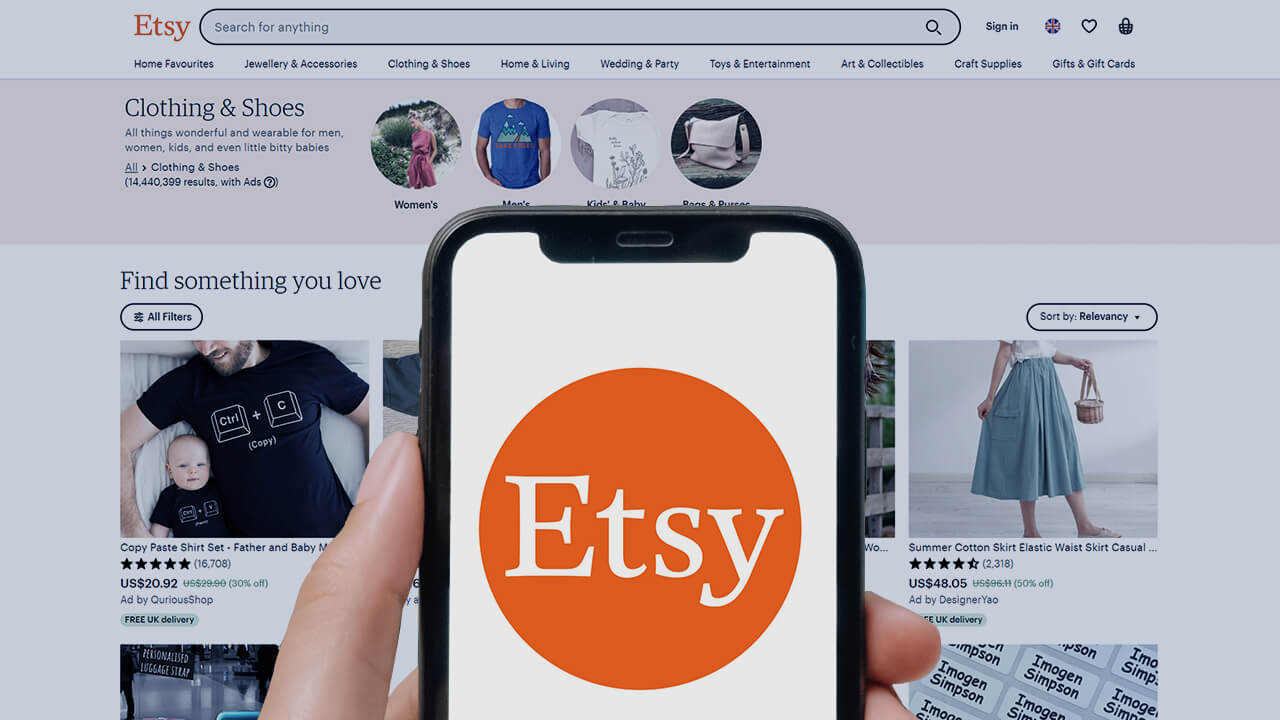
4. What Makes Etsy a Credible Platform?
Despite the risks, Etsy offers several features that reinforce its trustworthiness:
- Rating and review system: Buyers can leave feedback based on their shopping experience, allowing future customers to evaluate a seller’s credibility.
- Buyer protection policy: Etsy offers refunds under certain conditions, such as undelivered items, damaged goods, or products that do not match their descriptions.
- Secure payment processing: All transactions are processed through Etsy’s secure payment gateway, which protects users’ financial data.
- Dispute resolution system: Etsy provides a fair dispute resolution process between buyers and sellers.
- A large community of users: With millions of active users globally, Etsy maintains a vibrant and diverse marketplace.
5. How to Shop Safely on Etsy
To reduce the risk of scams, Hacecommerce recommends the following:
- Thoroughly review seller information: Check seller ratings, reviews, and how long the store has been operating.
- Carefully read product descriptions and view images: Ensure you understand specifications such as size, material, and condition—especially for vintage items.
- Contact the seller with questions: Don’t hesitate to reach out to clarify shipping, return policies, or any other concerns.
- Use Etsy’s official payment system: Always complete transactions through Etsy’s platform to benefit from buyer protection.
- Avoid off-platform payments: Never send money directly to sellers through unofficial channels.
- Protect your personal information: Never share passwords or payment details via email or insecure messages.
- Report suspicious activity: If you encounter anything that feels off, report it to Etsy immediately.
Conclusion
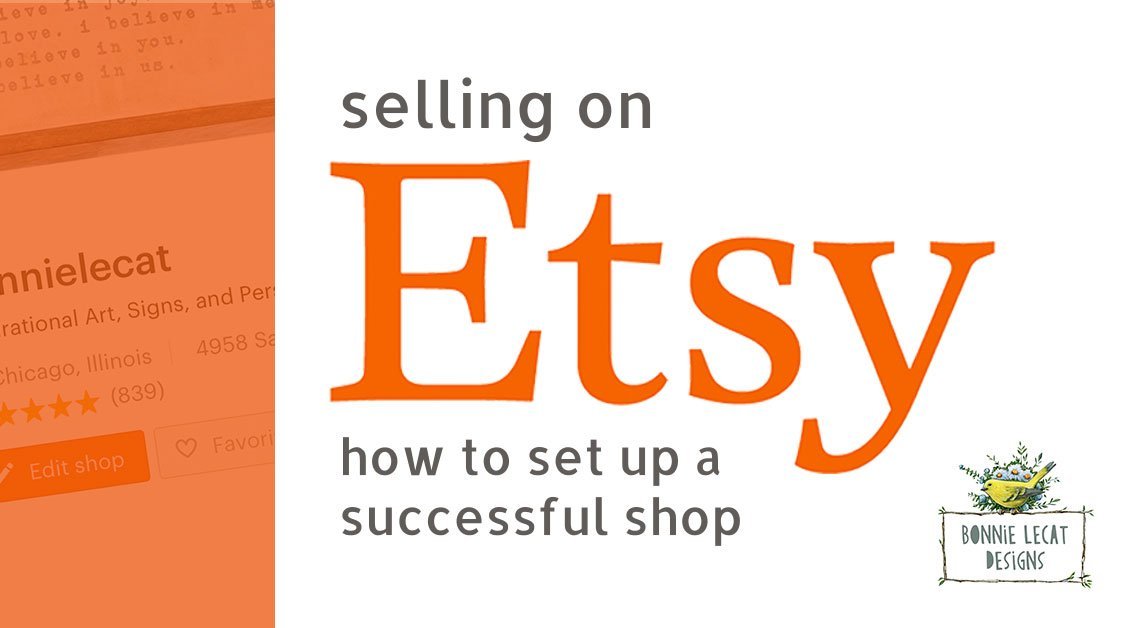
Etsy is a reputable platform providing excellent opportunities for buyers and sellers. However, risks do exist due to the open nature of the marketplace and the sophistication of modern scams. By staying informed and taking basic precautions, you can enjoy a safe and rewarding shopping experience on Etsy. Be a savvy shopper—stay alert and always protect your interests.
Additionally, Hac Ecommerce offers a range of comprehensive services designed to support and empower businesses operating in the POD (Print on Demand) industry. These services include fulfillment solutions, payment account rentals, and design cloning, all of which are tailored to meet the unique needs of entrepreneurs in this niche.

